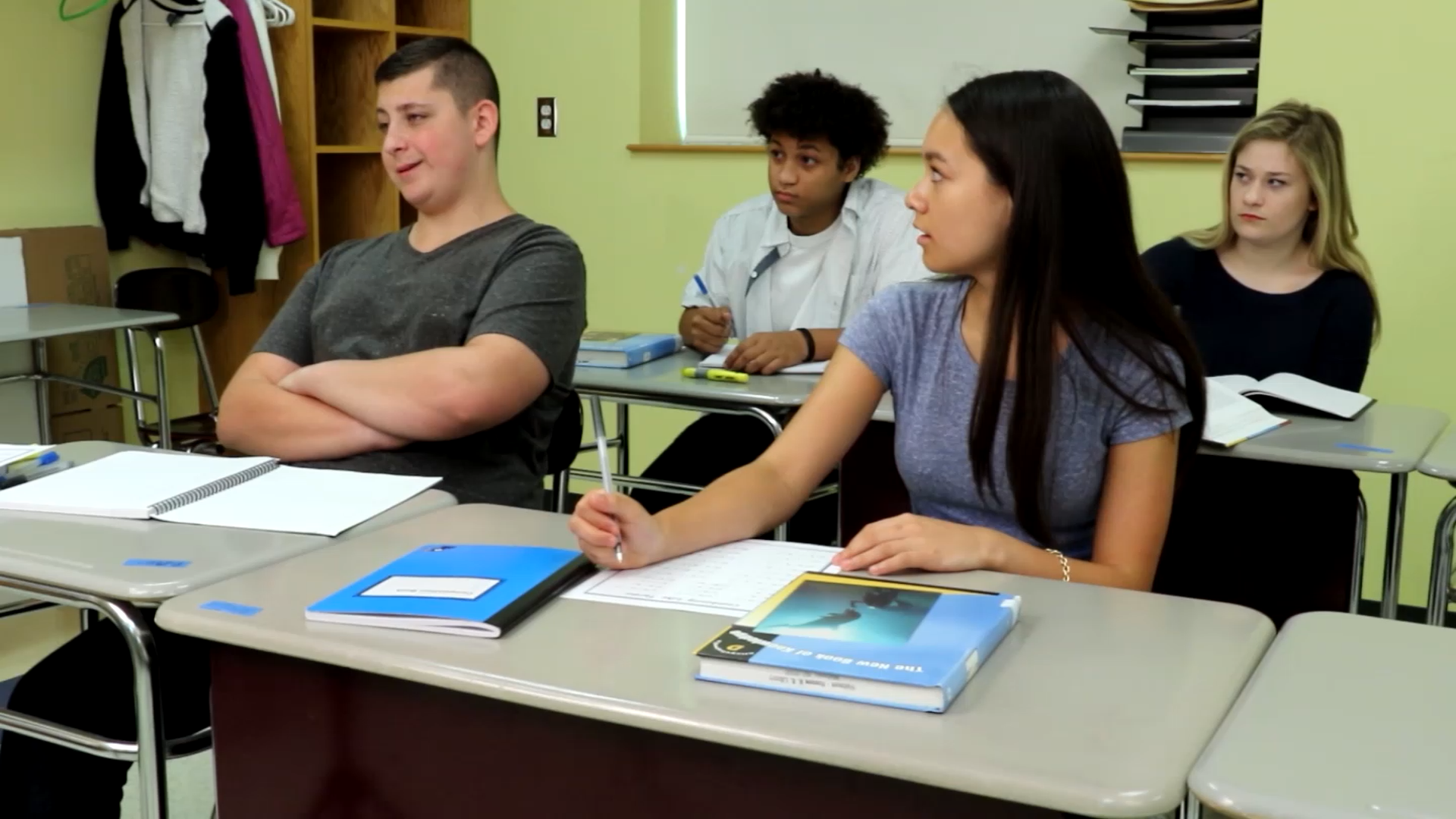Introduction
In the school environment, respectful communication is essential for fostering positive relationships between students and educators. This blog post focuses on teaching middle school students the importance of showing respect to adults through listening, following directions, and considering the tone of voice used during conversations. We will explore an easy-to-implement, no-prep activity that educators can use to help students practice respectful communication skills, followed by discussion questions, and related skills.
No-Prep Activity: Role Reversal
This activity requires no preparation or materials from the educator and can be incorporated into any lesson plan. The goal is to help students understand the impact of respectful and disrespectful communication on their teachers and classmates.
1. Divide the class into pairs. Each pair will have a “student” and a “teacher.”
2. The “student” will act out a scenario similar to the one with Justin, using both respectful and disrespectful words and tone of voice.
3. The “teacher” will provide feedback on the student’s behavior, explaining how it made them feel and the potential impact on the classroom.
4. After each scenario, the partners will switch roles and repeat the activity.
5. Reconvene as a class to discuss the experience and share insights gained from the role reversal exercise.
Discussion Questions
- Why is it important to show respect to adults, especially teachers, in the school environment?
- How does the tone of voice impact the message being communicated? Can you think of examples from your own experiences?
- How did it feel to be in the role of the teacher during the role reversal activity? Did it change your perspective on respectful communication?
- What are some strategies students can use to ensure they are communicating respectfully with their teachers and classmates?
- How can showing respect in communication contribute to a positive and productive learning environment?
Related Skills
Developing respectful communication skills is just one aspect of building strong social-emotional competencies in middle school students. Other relevant skills that educators can focus on include:
- Active listening: Encourage students to listen attentively to their peers and teachers, making eye contact and providing appropriate feedback.
- Empathy: Teach students to understand and share the feelings of others, which can lead to better communication and stronger relationships.
- Conflict resolution: Equip students with the tools to navigate disagreements respectfully and find mutually beneficial solutions.
- Assertiveness: Help students express their thoughts and feelings confidently and respectfully, without being aggressive or passive.
Next Steps
Are you interested in exploring more activities and resources to help teach respectful communication and other essential social-emotional skills to your middle school students? We invite you to sign up for free samples of our engaging and effective materials. These resources can help you create a positive and supportive learning environment that fosters the development of strong communication skills and respectful interactions among students.






